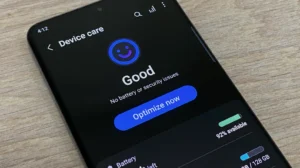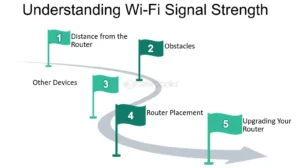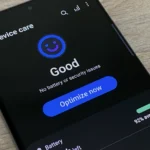Traffic laws are made to keep everyone on the road safe-drivers, passengers, cyclists, and pedestrians. Still, many people break these rules, sometimes without even knowing it. This happens because of common misunderstandings about what the laws say and who is responsible when things go wrong.
In this article, we will talk about the top four traffic law misunderstandings and clear them up simply and easily. Understanding the truth can help you avoid costly tickets, accidents, and legal problems.
1. “If I Didn’t Mean to Break the Law, I Won’t Be Held Responsible”
This is one of the most common traffic law myths. Some drivers think that if they didn’t mean to break a rule, they can’t get in trouble. But traffic laws are based on actions, not intentions.
For example, running a red light-even by accident-can still result in a ticket. The law assumes that all drivers should know the rules and follow them. So even if you were distracted or confused, you can still be held responsible for a traffic violation.
Remember, if you’re behind the wheel, you’re responsible for knowing and following traffic laws at all times.
2. “The Driver Who Hit Me Is Always at Fault”
It’s easy to assume that if another driver crashes into you, they are always the ones to blame. But that’s not always true. In many cases, both drivers share some responsibility.
For example, if you were speeding and someone pulled out in front of you, both of you may be partly at fault. This is known as comparative negligence. The law may divide responsibility and damages based on how much each person contributed to the crash. Take note that even if someone hits you, your actions can still affect the outcome of the case.
3. “Hands-Free Devices Make It Safe to Use My Phone While Driving”
Many drivers think it’s completely safe to talk or text if they’re using hands-free devices. While some states allow hands-free calls, that doesn’t mean it’s risk-free.
Studies show that even hands-free use can distract your brain. When your focus is on the call, your reaction time slows down. You may not notice important things like a stop sign, another car, or a pedestrian.
4. “Only the Police Decide Who Is at Fault in an Accident”
Many people believe that the police report decides who caused the crash. While officers often write down what they think happened, their report is not the final word in a legal case.
Insurance companies, lawyers, and sometimes even courts look at more than just the police report. They check photos, videos, witness statements, and other evidence.
If you’re in an accident and you think the police got it wrong, you still have the right to fight it in court. Firms like Sweet Lawyers, LLP often help people prove their side of the story when things aren’t clear.
Know the Rules, Protect Yourself
Misunderstandings about traffic laws can lead to serious problems, from accidents to expensive fines or even legal trouble. By knowing the truth, you can drive more safely and avoid mistakes that could cost you.
Remember, even simple actions like checking your phone or rolling through a stop sign can have big consequences. Being responsible on the road means knowing the laws and being careful at all times.
Got questions? We’ve got answers! Check out our blog for loads of interesting and helpful content today!











